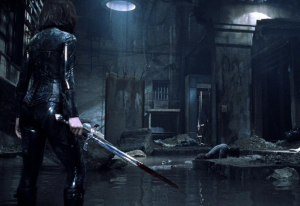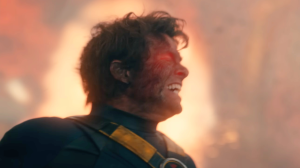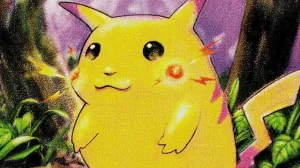Velma was considered one of the most controversial animated series in recent memory. When it debuted last year in 2023, many animation fans were off-put by this drastically different take on Mystery Incorporated. Every character that was originally introduced in Scooby-Doo was given a drastically different personality and while the show did garner two seasons and a television special, it will not see a third. Recently, MAX confirmed that Velma had been canceled, meaning that there would be no third season to wrap any lingering plotlines. Considering we here at ComicBook.com have seen the entirety of the series, we thought that now would be the perfect time to do a post-mortem examination of why Velma failed.
Videos by ComicBook.com
If you never had the chance to watch the latest take on Mystery Incorporated, Velma followed its titular character as she struggled with high school life, romantic possibilities, and a life turned upside down due to potentially supernatural circumstances out of her control. When it comes to other Scooby gang characters, Fred Jones is a spoiled rich kid with no life experience, Norville Rogers (Shaggy) is a cautious, albeit well-meaning high schooler, and Daphne Blake is sitting at the top of her school’s popularity food chain. While changes aren’t always for the worst, the differences between the new takes on the Scooby-Doo characters here weren’t for the better.
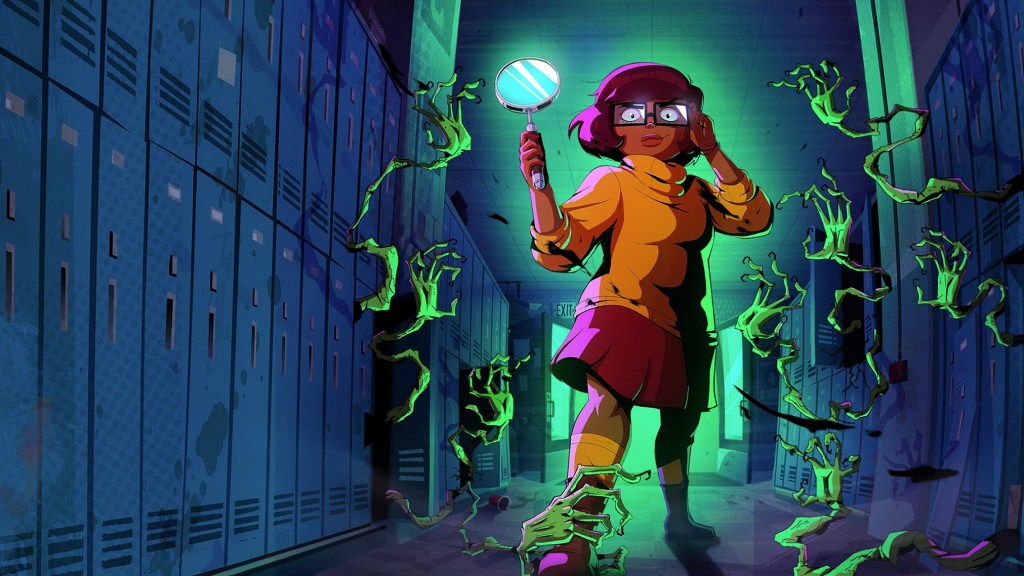
Mystery Incorporated Falls Short
One of the biggest issues that Velma truly struggled with over the course of its two seasons, and the recent Halloween special, was that the characters themselves weren’t that likable. Now, when you look at the history of television, there are plenty of series that figured out the “special sauce” in terms of presenting characters in a postive light who are often harsh and/or would be considered abhorrent in modern society. Most prominently, we can see this in series such as It’s Always Sunny in Philadelphia and Seinfeld wherein Paddy’s Pub and Jerry’s friends had a certain charisma about them that attracted viewers despite, or sometimes as a result of, their less-than-savory acts.
Such wasn’t the case with Velma, as most of the main characters presented themselves in a way that it would often feel like a chore to get through some of its episodes. Fred’s whining and disregard for anyone thanks to his pampered background never felt endearing, the constant jokes regarding Norville potentially following down a path to become “Shaggy” never landed and eventually felt like beating a dead horse to the extreme, and Velma’s commentary often felt as though she was taking swings at the audience who were daring to watch the series itself. That feeling of contempt from her character was in service of the humorous tone of the show but it could make viewers feel detached from her predicaments, ridiculous as they might have been.
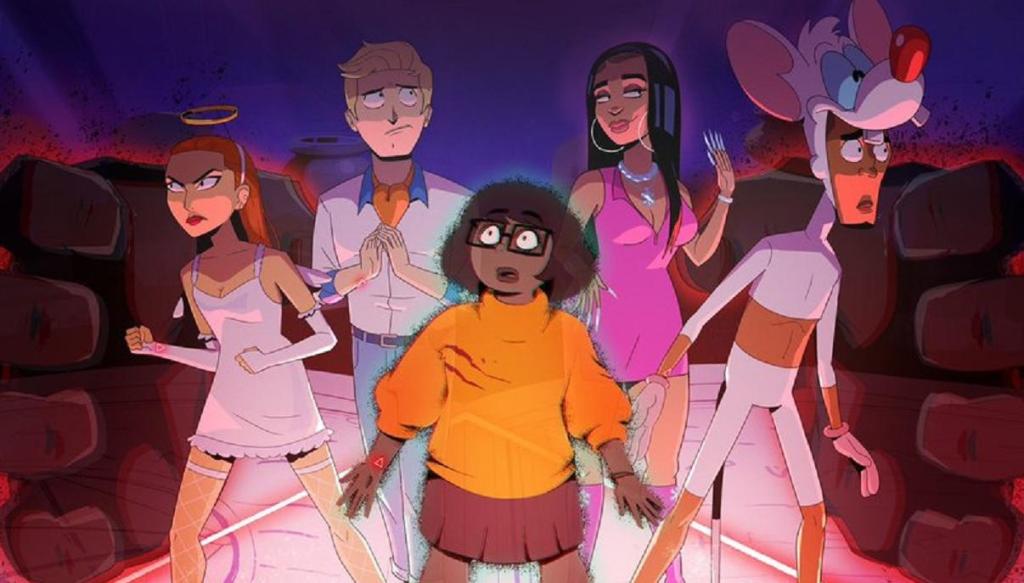
Mysteries Unsolved
When it comes to the mysteries that were presented as a part of Velma, they often really never felt rewarding. Granted, this series never needed to be an offshoot of Scooby-Doo itself but it effectively dodged key tenets of the series that could have worked well by incorporating them with a twist. The ultimate villain reveals of seasons one and two almost felt completely out of nowhere and even thinking of them to this day might throw one for a loop, especially when it comes to season two’s big bad.
One of the most controversial aspects of Velma’s second season was the introduction of Scrappy-Doo, the nephew to Scooby who has been a hated character for quite some time since his initial introduction in the franchise. Creating a murdering canine who was part of a government experiment gone awry really felt unbelievable here for a show that at least attempted at times to stay more grounded than some of its previous Scoob counterparts. Also, this was already done when it came to the live-action Scooby-Doo films and done much better there than in MAX’s latest animated series. We by no means are defending Scrappy-Doo here but it felt like territory that had already been explored.
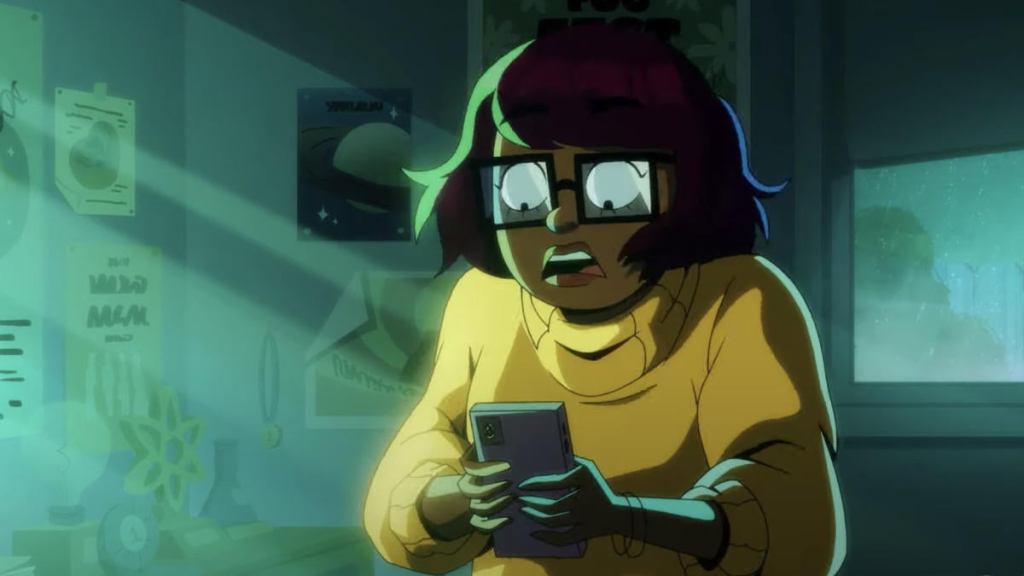
How Could Velma Have Worked?
When Velma was first announced, the idea of a darker, more satirical version of Scooby-Doo had legs. One instance of this done right was in the beloved Adult Swim series, The Venture Bros. During an episode titled “Viva Los Muertos”, the “Groovy Gang” was introduced as a dark parallel to the classic Hanna Barbera characters. Each doppelganger was a fusion of the original Scooby-Doo cast and a notorious real-life serial killer, making for quite the departure from the source material but ultimately working in blending these two ridiculous aspects.
In terms of darker official Scooby-Doo properties, some truly worthwhile examples could have worked as a starting point for Velma. The movie Scooby-Doo On Zombie Island remains a fan-favorite years after its release and the ingenious writing of 2010’s Scooby-Doo! Mystery Incorporated is often referred to as the best example of the franchise to date. Regardless of what Velma would eventually become, the initial core of the concept was one that could have worked with stronger characters, better satire, and ultimately, more worthy mysteries to tie everything together. Velma is a story of what could have been instead of what was and there’s real disappointment in that.
Want to see what the future holds for Scooby-Doo post-Velma’s demise? Follow along with Team Anime on ComicBook.com for the latest updates on Mystery Incorporated and hit me up directly @EVComedy to talk all things comics and anime.





